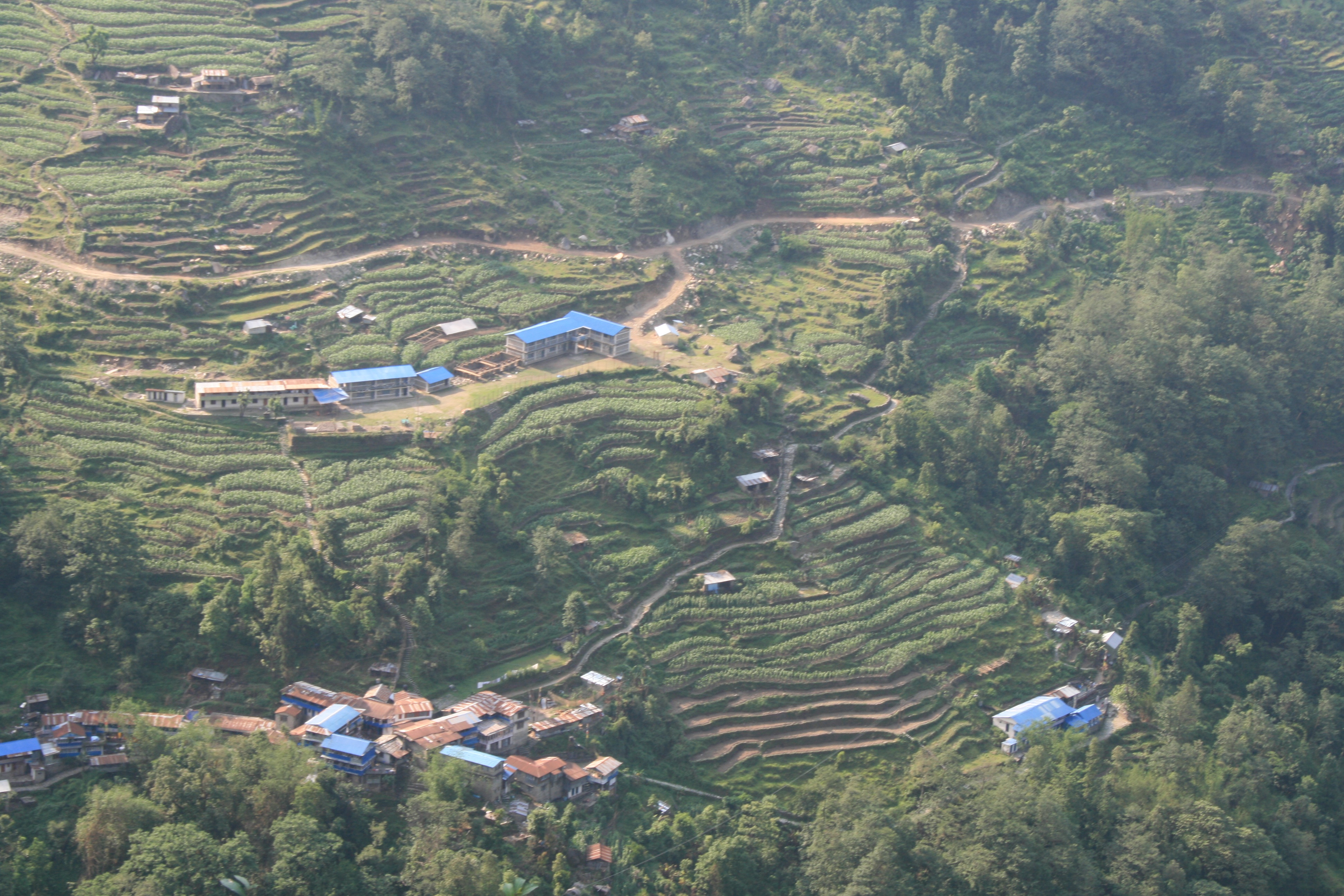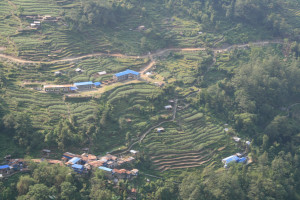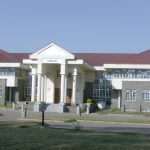
Research into climate change is vital in countries that are on the frontline of feeling its effects
Strong local research and knowledge systems are vital in tackling local and global problems, and a great example of this is in tackling climate change. Siân Harris looks at a few of the ways that INASP has been supporting Southern environmental research and its use in policy.
INASP is passionate about the importance of strong local research and knowledge systems in tackling local and global problems, as we explained in our recent statement on the importance of research and evidence.
One great example of this is in tackling climate change. Underlined in the Sustainable Development Goals that came into effect last year, addressing climate change is at the heart of resolving many of the world’s most pressing goals including zero hunger, clean water and sanitation, and affordable and clean energy.
In many parts of the developing world, climate change is already a very real day-to-day challenge, as we hear from many of our partners. Recognizing this, last year, 48 of the world’s poorer countries made a far-reaching commitment to use 100% renewable energy by 2050, in addition to signing up to the Paris Agreement.
Over INASP’s 25-year history we have had the privilege to support and work with many individuals and organizations involved in research and evidence to counter climate change and address its effects. As the Paris Agreement is again in the headlines this week, we want to take the opportunity to celebrate a few of the many ways that research in the global South is contributing to the SDGs related to climate change and environmental issues:
– In November 2015, the African Centre for Technology Studies (ACTS) was invited to speak at the landmark COP21 conference in Paris to share how its roundtables and work shadowing between climate scientists and policymakers were instrumental in improving and getting signed into law a new Climate Change Bill in Kenya. This project was funded by a grant from the INASP-led VakaYiko programme. Read more in this case study.
– The chiefly agrarian population of Nepal has started feeling t he effects of climate change with reductions in crop yields. A recent research article published in the Agronomy Journal, which is hosted on the Nepal Journal Online platform recommends ways of coping with climate change, by, for example, changing crop varieties, altering farming technology, and using varieties of plants that are tolerant to droughts or submerged conditions. Read more in this INASP press release: Research finds ways to address effects of climate change in agricultural production in Nepal.
he effects of climate change with reductions in crop yields. A recent research article published in the Agronomy Journal, which is hosted on the Nepal Journal Online platform recommends ways of coping with climate change, by, for example, changing crop varieties, altering farming technology, and using varieties of plants that are tolerant to droughts or submerged conditions. Read more in this INASP press release: Research finds ways to address effects of climate change in agricultural production in Nepal.
– In Uganda, Joshua Okonya has studied the effects of climate change on pests that target  sweet potatoes, a staple crop across much of Africa. With the help of mentors through INASP’s AuthorAID project, Joshua was able to publish this research and is now using this knowledge to help farmers in Uganda and Rwanda to farm sweet potatoes in a way that reduces the effects of climate change. He is also passing on his knowledge by volunteering as an AuthorAID mentor to other researchers. Read more in this case study.
sweet potatoes, a staple crop across much of Africa. With the help of mentors through INASP’s AuthorAID project, Joshua was able to publish this research and is now using this knowledge to help farmers in Uganda and Rwanda to farm sweet potatoes in a way that reduces the effects of climate change. He is also passing on his knowledge by volunteering as an AuthorAID mentor to other researchers. Read more in this case study.
– For several years, INASP’s AuthorAID project has been partnering with Pure Earth to run research-writing courses particularly for researchers working in environmental health. These courses were developed in response to the recognition that great research was being done locally in low- and middle-income countries but not being discovered by international organizations looking to assist with situations. See this Huffington Post article about the Pure Earth/AuthorAID courses.
– The small, mountainous country of Bhutan relies heavily on hydroelectricity for its energy needs. This works well in the summer when water levels are high but, in the winter, the country needs to purchase electricity from neighbouring India. Architect Deependra Pourel has been trialling – and gathering data on – the use of solar thermal water heating as an alternative energy source in the country. Read more in this case study and data visualization article on SciDev.Net.

 Previous Post
Previous Post Next Post
Next Post


